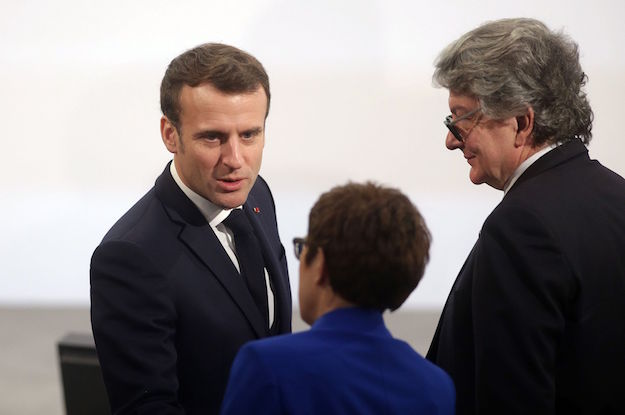BY OLIVER STUENKEL | FEBRUARY 26, 2020
The recent Munich Security Conference had no South American speakers, but dealt with critical issues for the region.
https://www.americasquarterly.org/node/10822
Yet again, South America was largely absent from this month’s Munich Security Conference, which every year convenes heads of state and ministers from around the world to discuss urgent geopolitical challenges. Of the world’s top ten economies, Brazil was the only one without a single policy maker in Munich. The U.S., meanwhile, sent 40 current and former lawmakers across the Atlantic — including heavyweights Nancy Pelosi, John Kerry, Mitt Romney, Lindsey Graham — as well as U.S. Secretary of State Mike Pompeo and Defense Secretary Mike Esper.
The absence at the same time illustrates and reinforces South America’s marginalized status in the world of high politics. This is bad for everyone. It reduces South American policymakers’ ability to anticipate, shape and adapt to global developments. And for the other participants, it precludes a deeper understanding of critical global issues that directly involve South America — particularly climate change and migration, which were at the center of debates in Munich.
The conference is a venue for backroom diplomacy and negotiations, with several international crises being discussed. This year, for example, the leaders of Azerbaijan and Armenia used the meeting in Munich to meet in public for the first time to discuss the three-decade conflict in Nagorno-Karabakh. The summit is also a platform for global agenda setting, and saw vivid debates involving Facebook’s Mark Zuckerberg, France’s Emmanuel Macron, the President of the EU Commission Ursula von der Leyen and China’s Foreign Minister Wang Yi about topics such as technology and the future of democracy, 5G, climate change and the global implications of COVID-19 (coronavirus).
South American policymakers’ absence also deprives them of the opportunity to establish global networks — particularly important since most leaders from the region are first-term presidents and…









